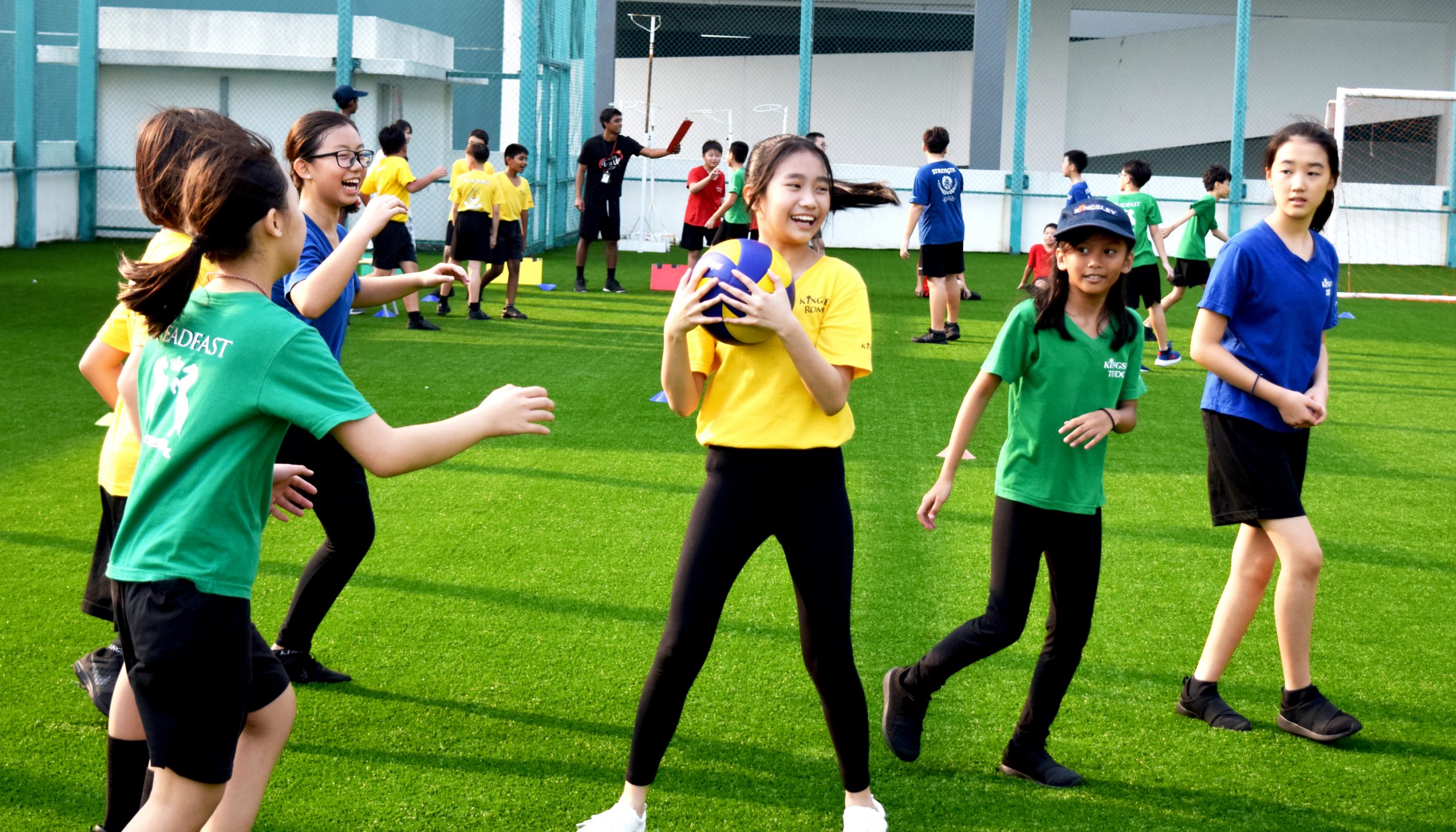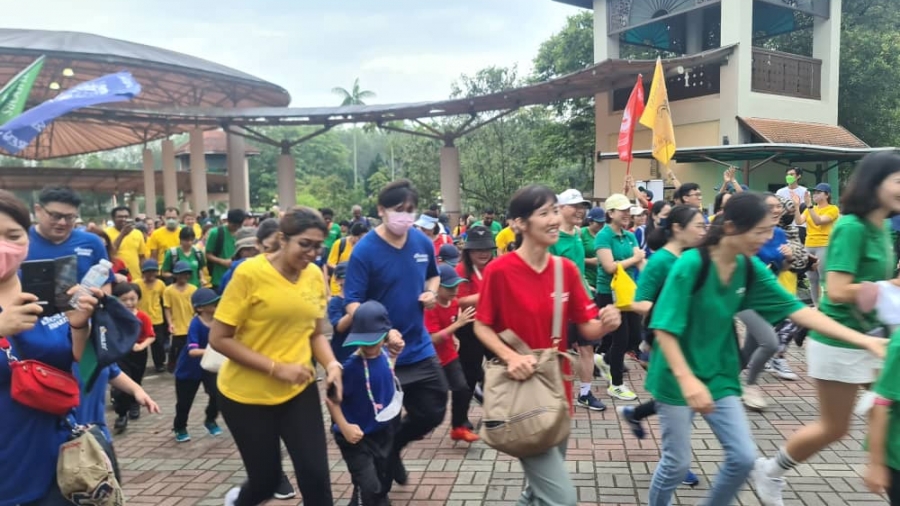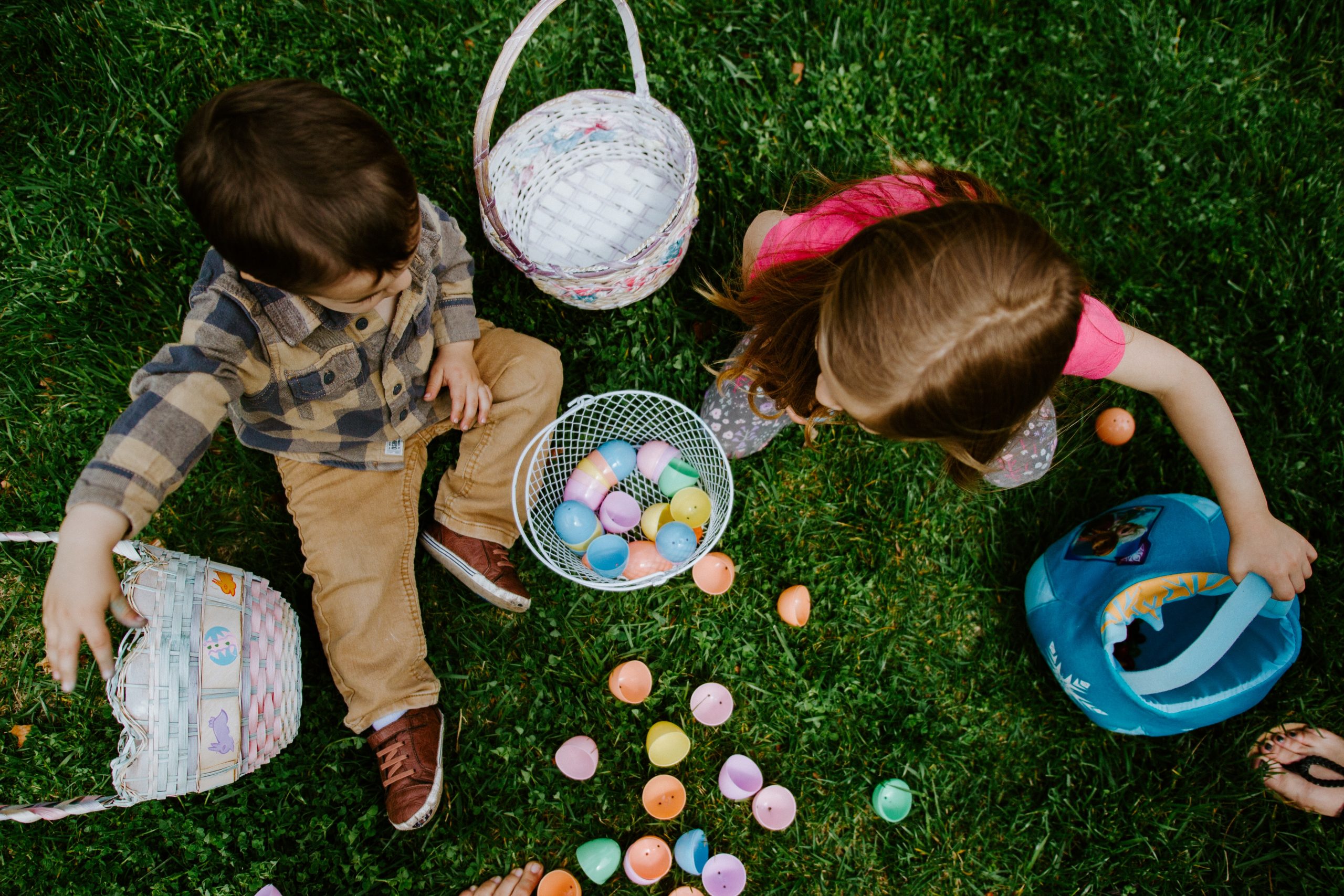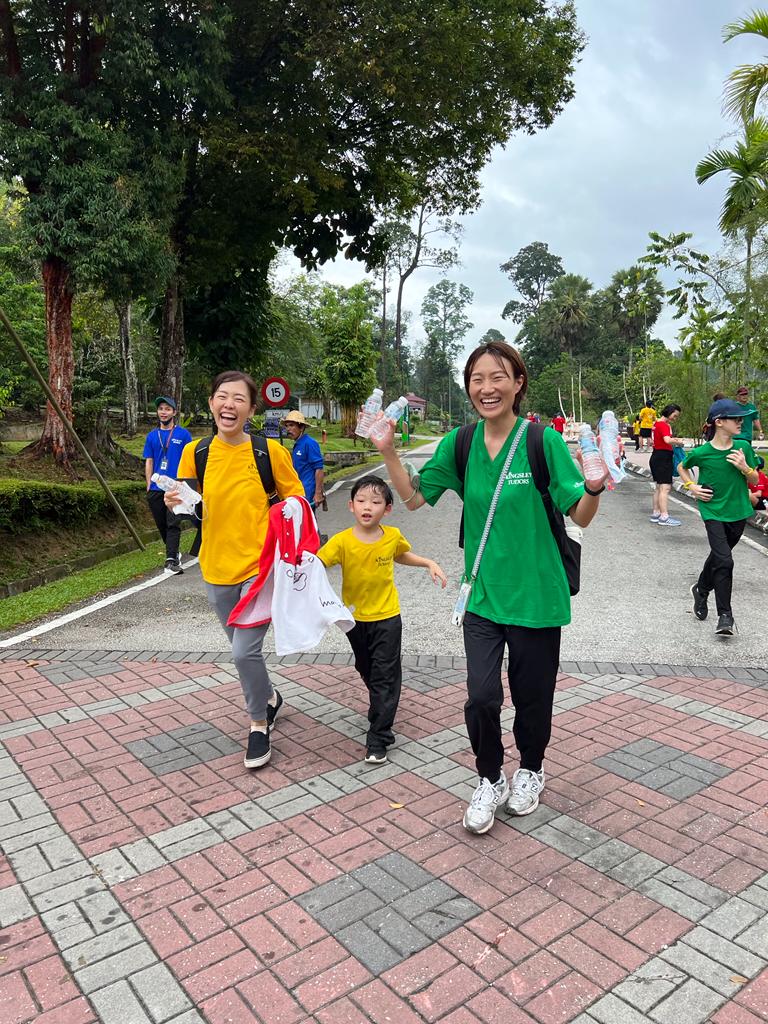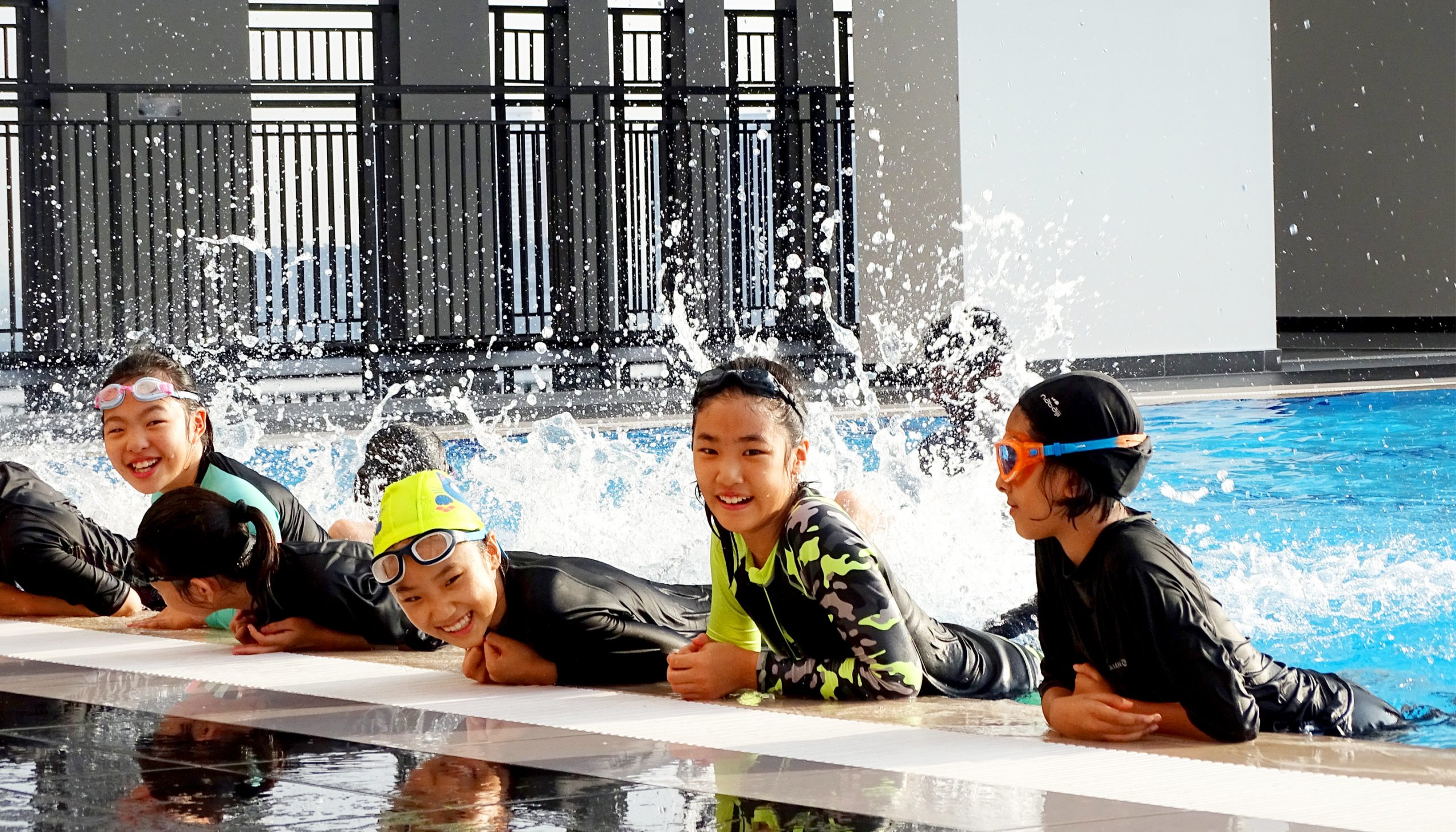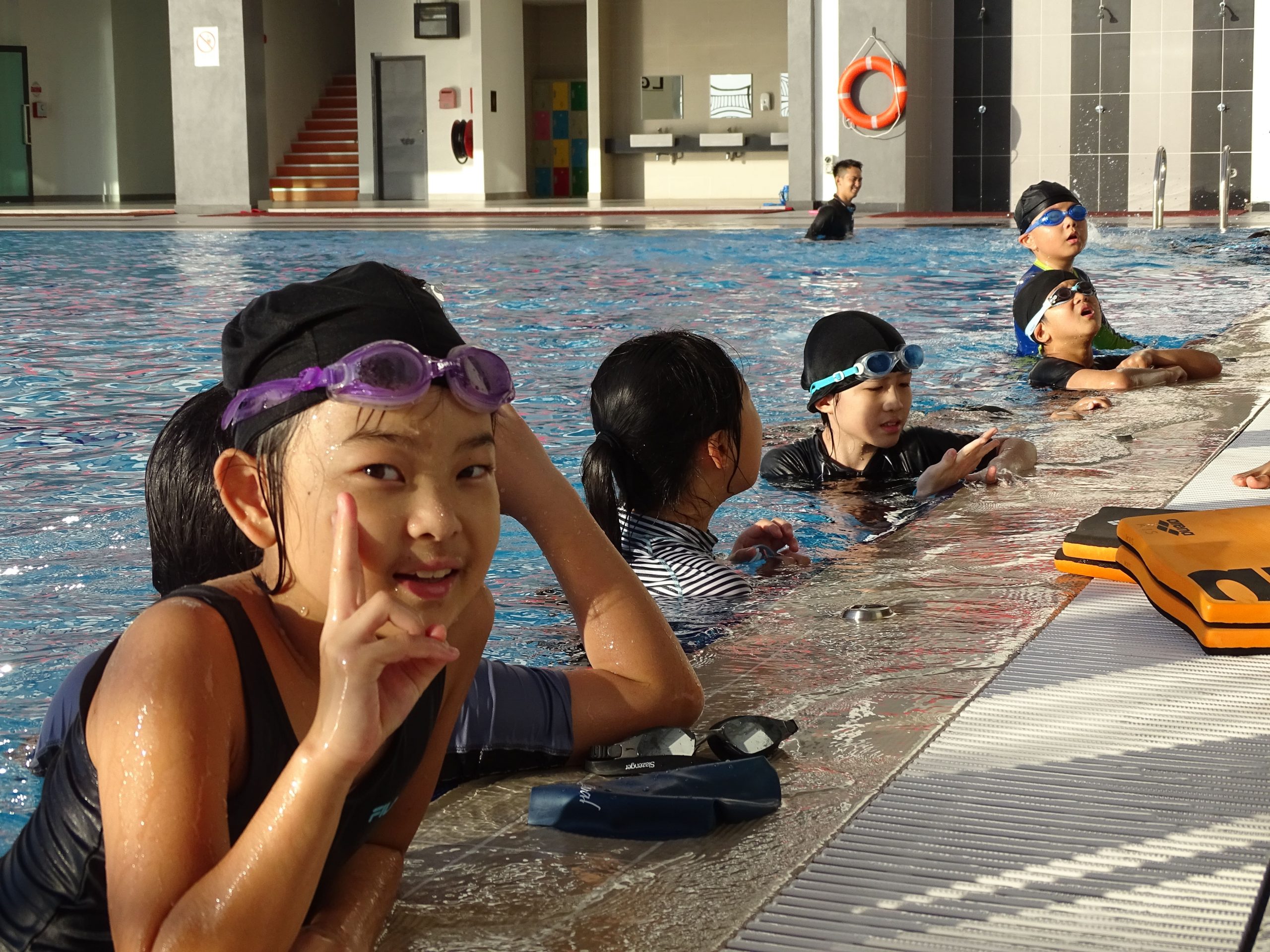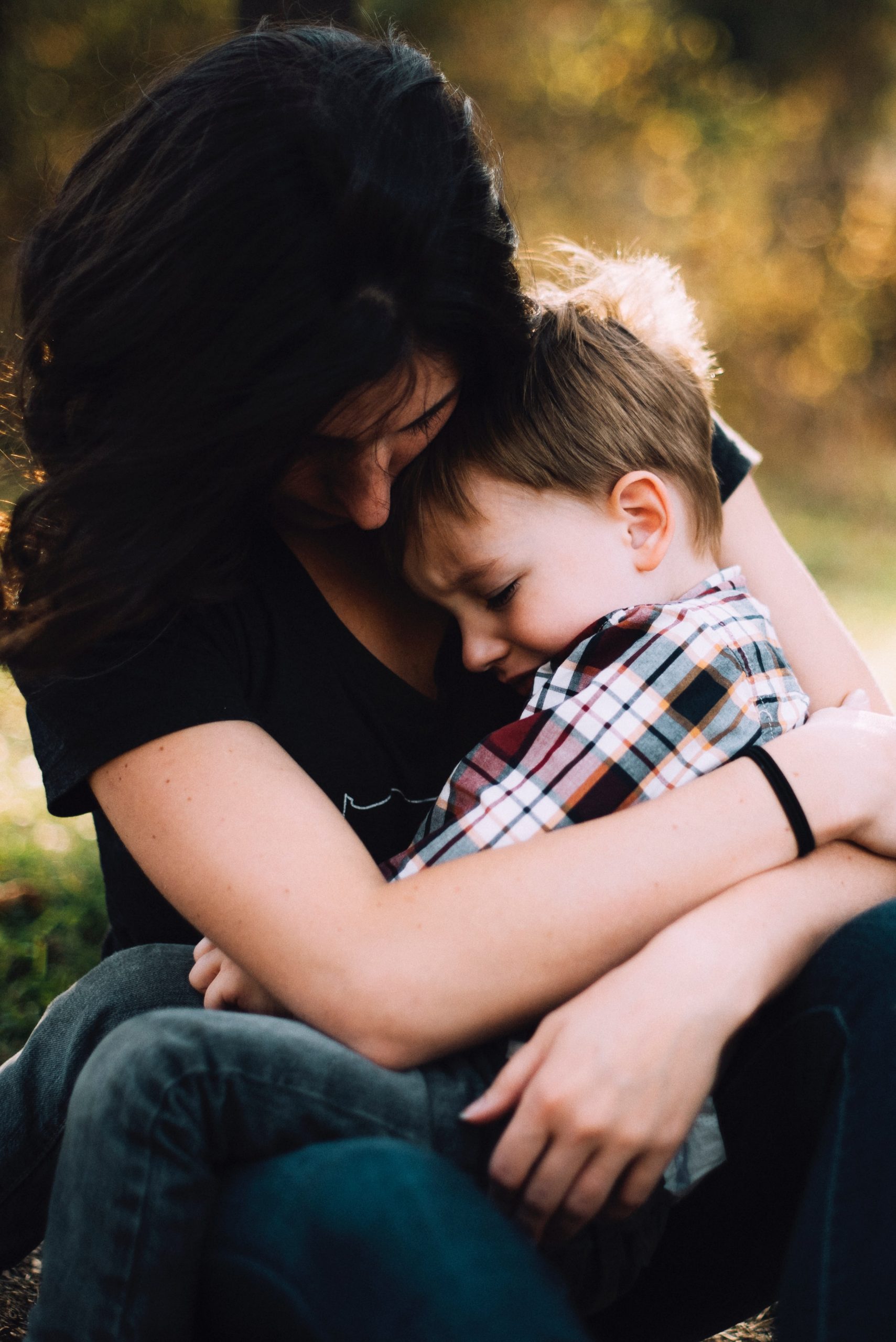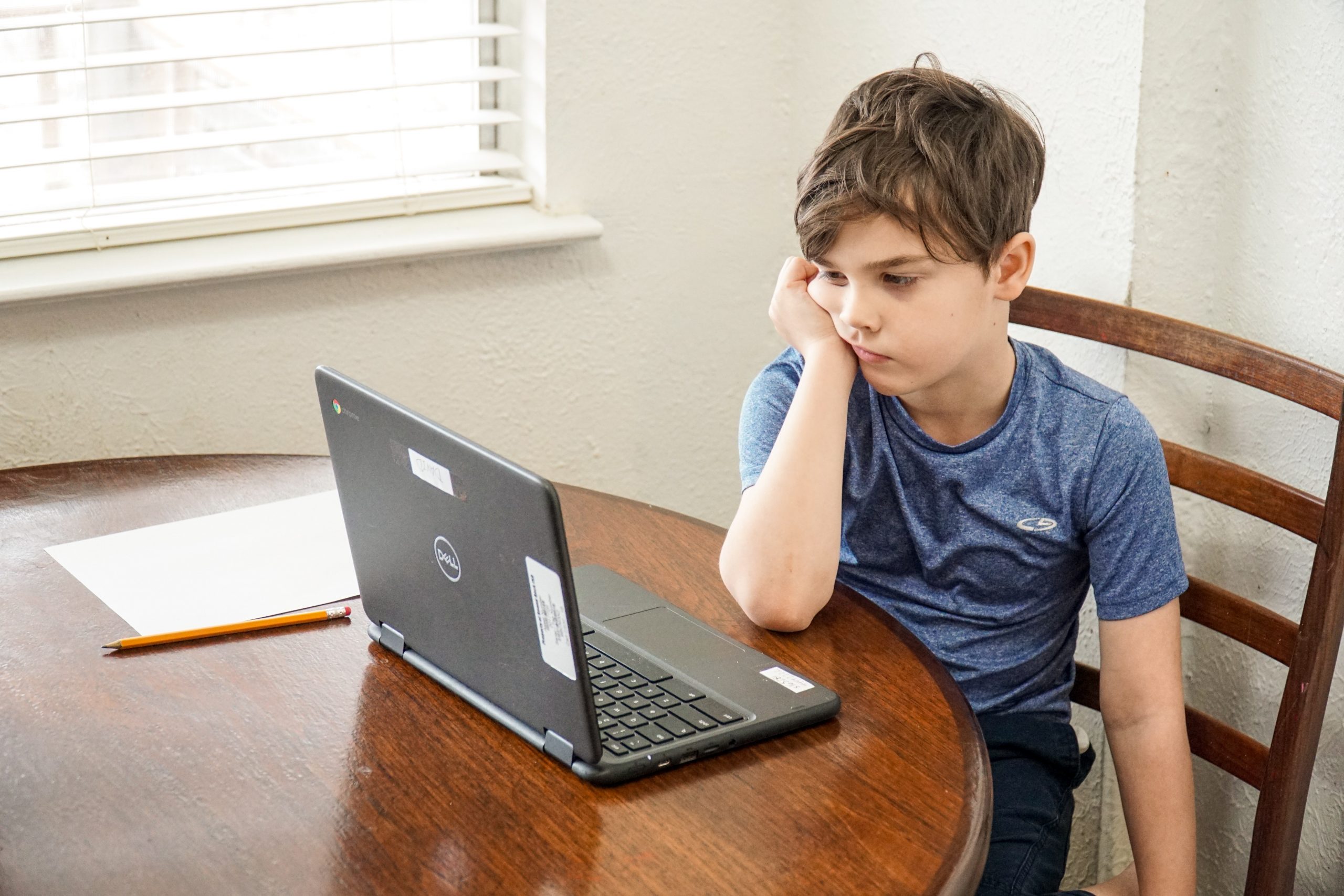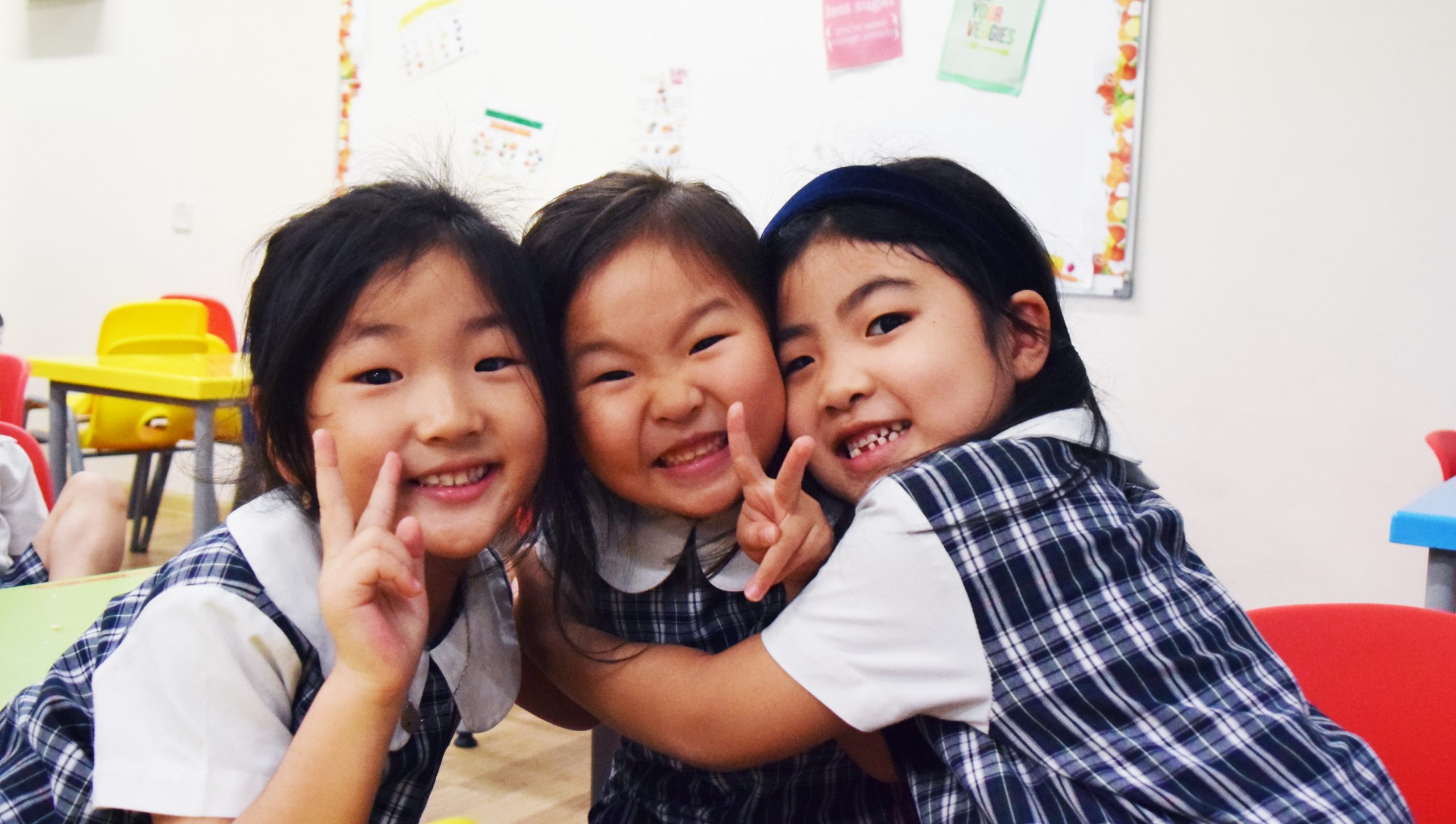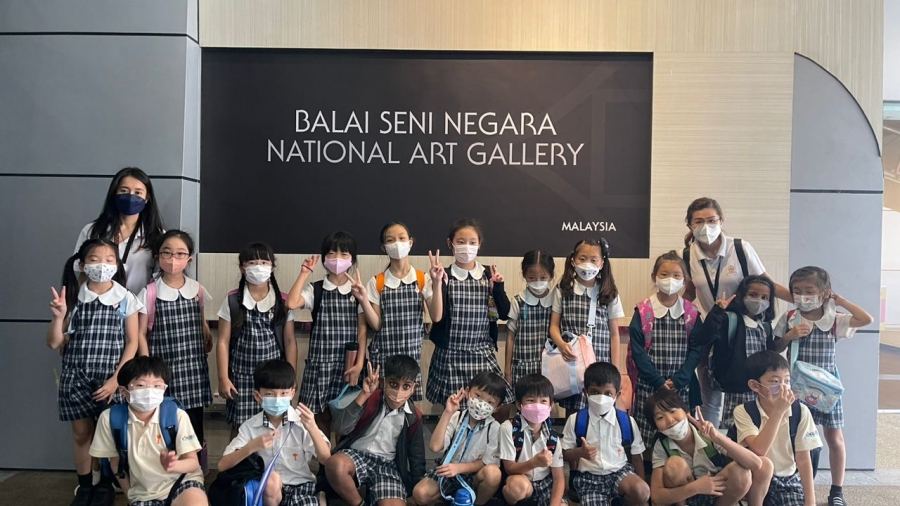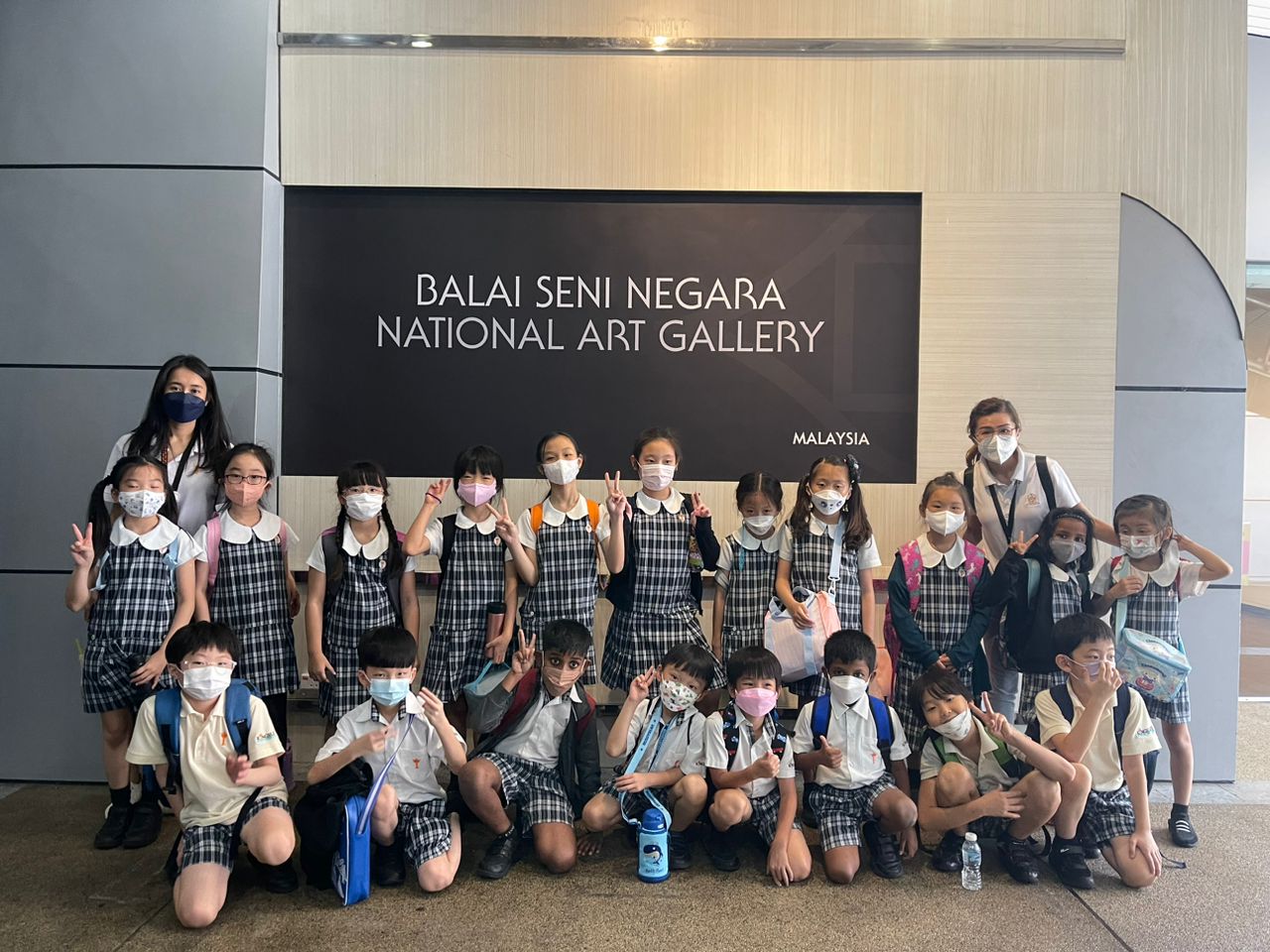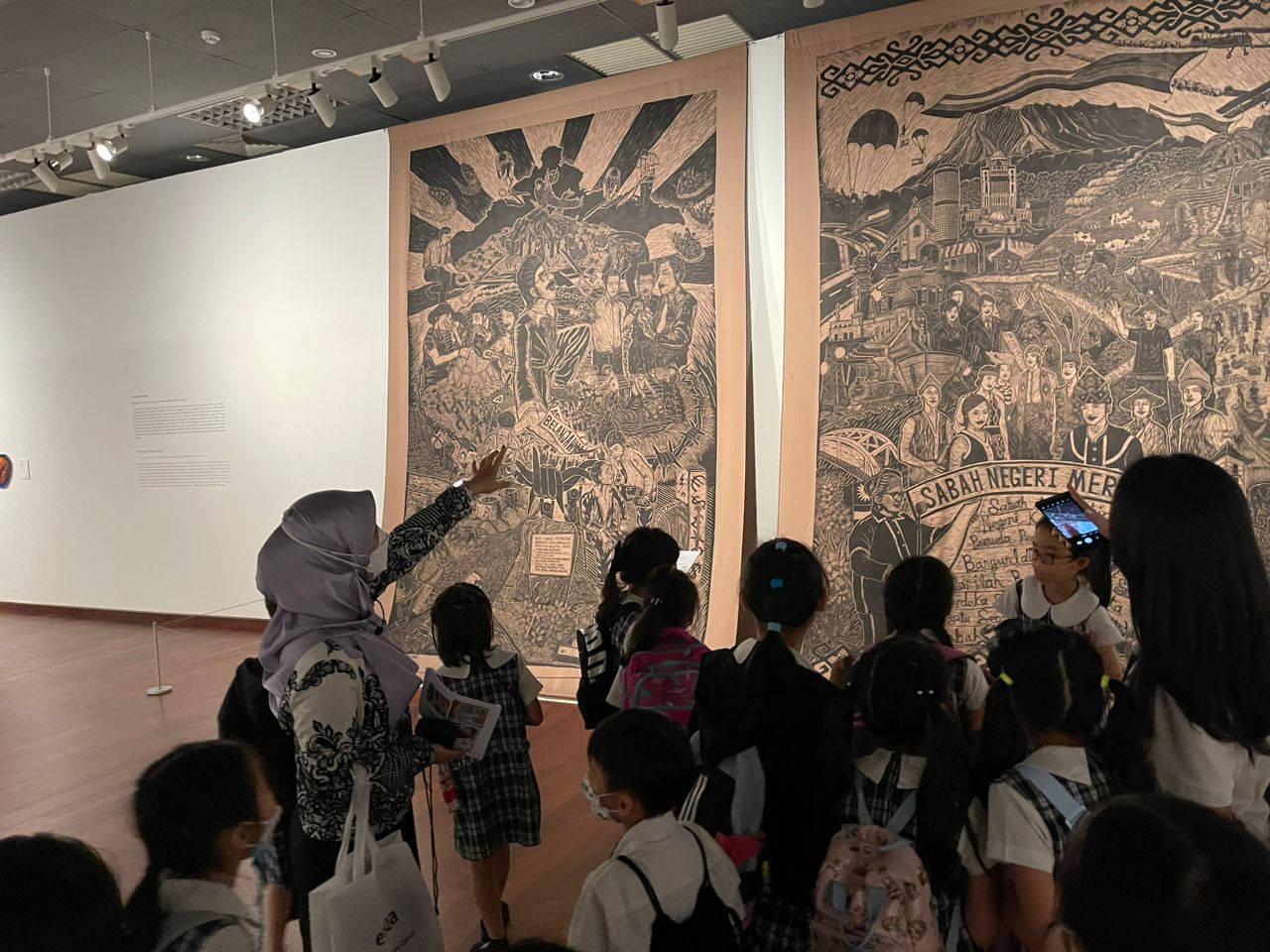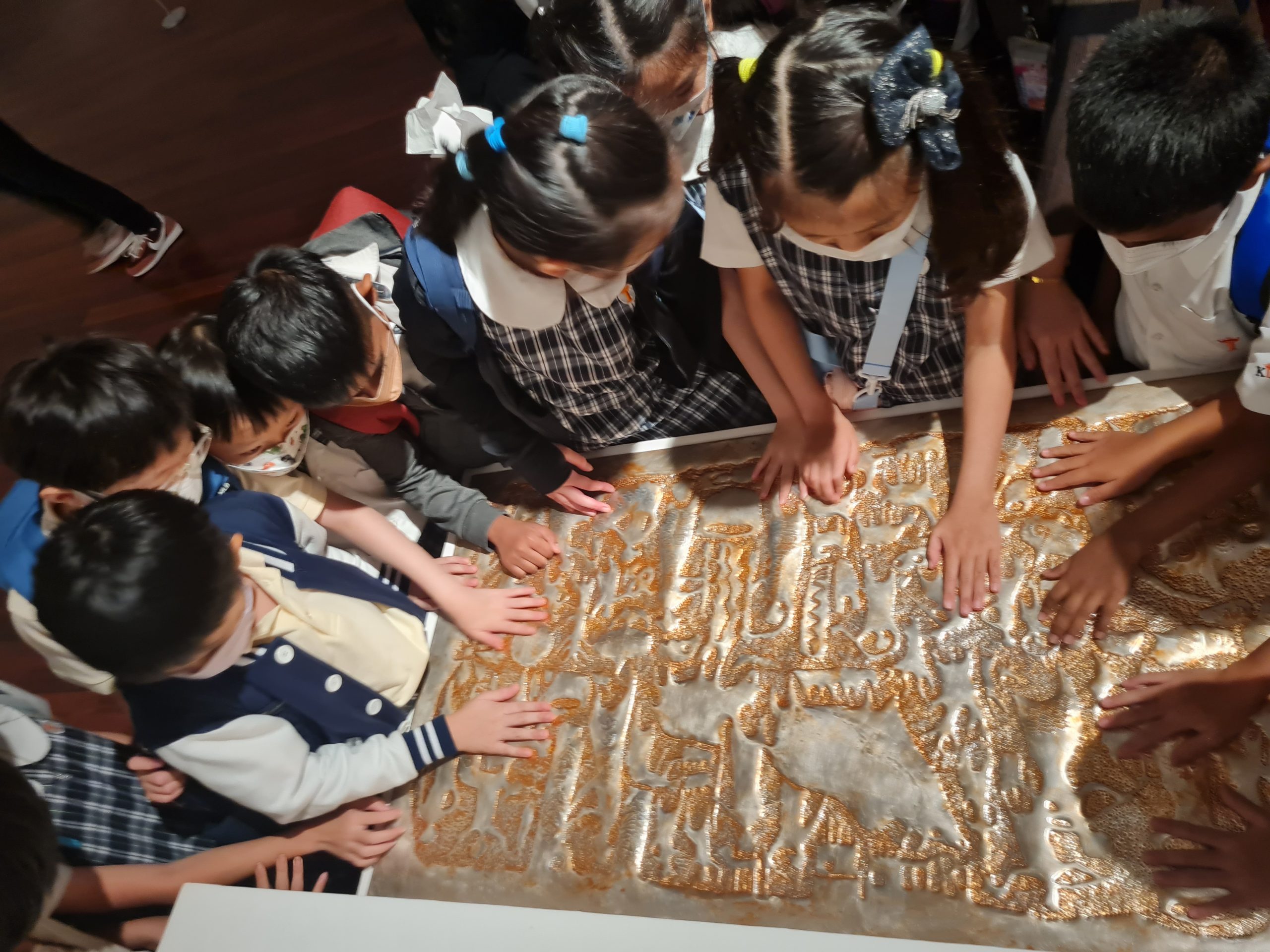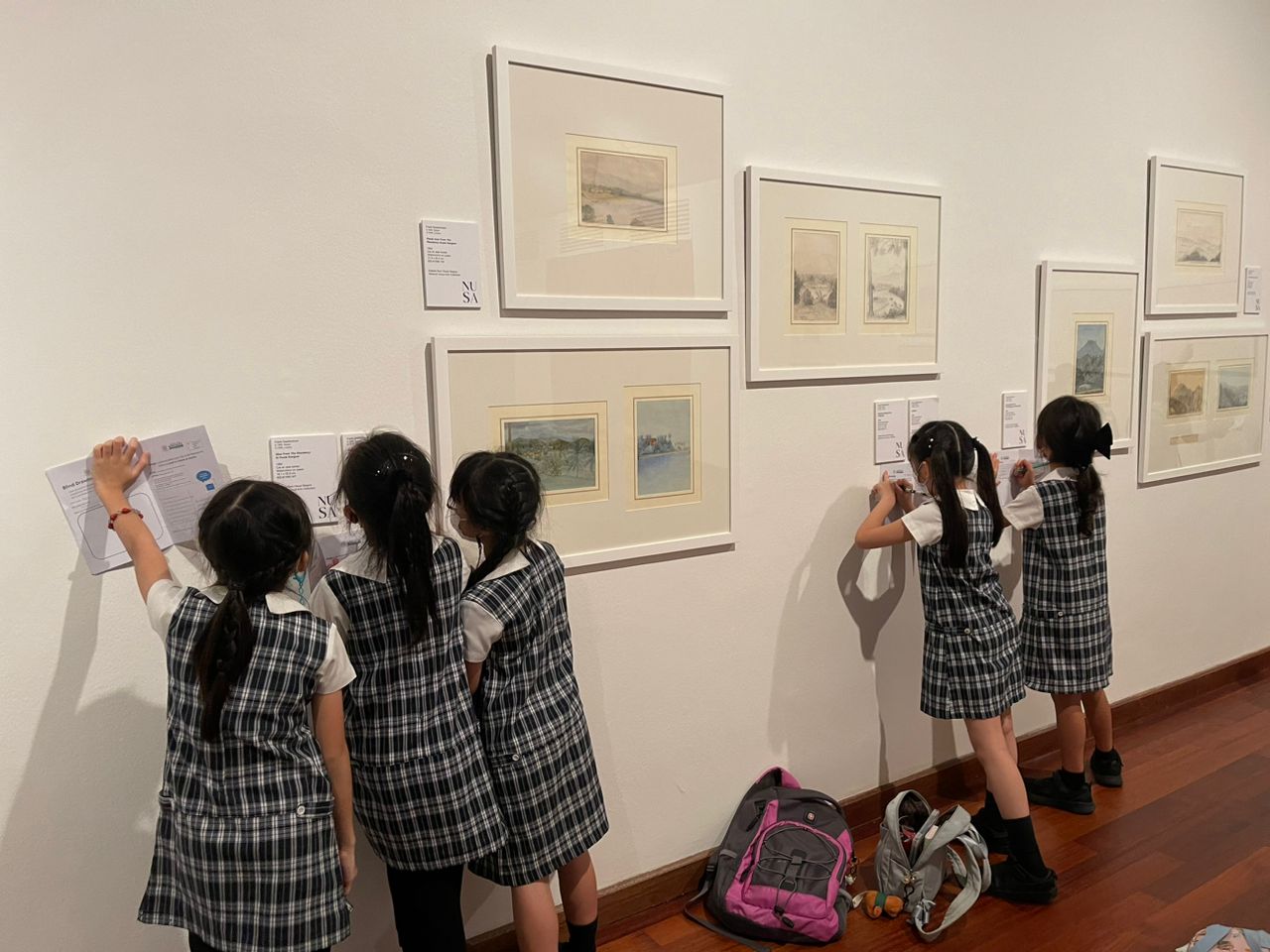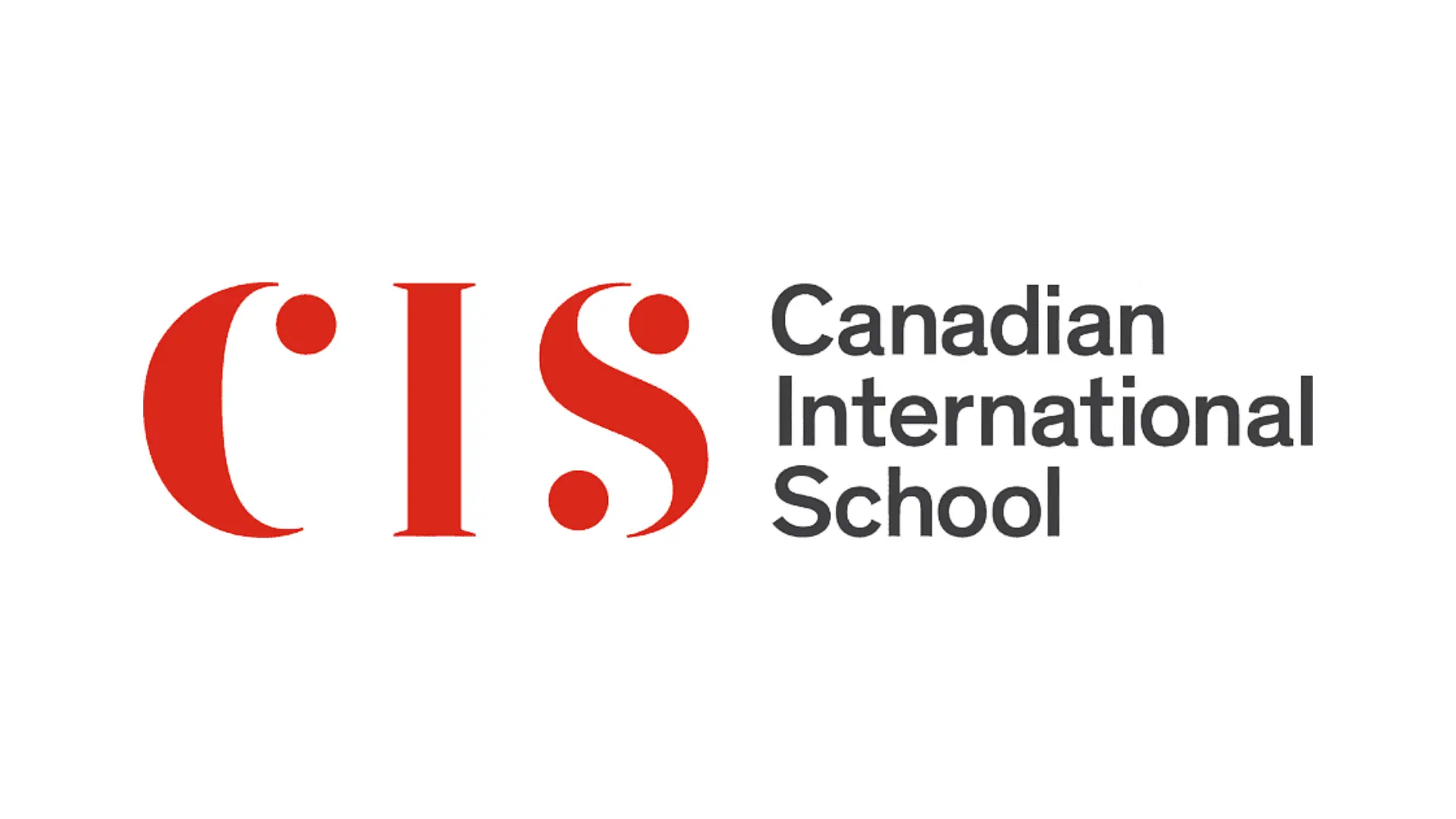Excellence in a bully-free environment

Maple Leaf Kingsley International School is dedicated to fostering the development of students, guiding them towards embodying exceptional values, admirable character and remarkable accomplishments.
EDUCATION is not just about academic excellence; it encompasses fostering a safe and nurturing environment where students can develop their full potential.
Maple Leaf Kingsley International School (ML KIS), is an educational institution which wholly understands this fundamental principle.
Bully-free environment
ML KIS stands out for its dedication in creating a bully-free environment.
Through its Personal, Social and Health Education (PSHE) curriculum, students gain a comprehensive understanding of what bullying entails, how to stand up for themselves and to get help.
Teachers serve as role models that emphasise respect and empathy. Through these core values, the institution helps to cultivate trust between teachers and students, ensuring students feel supported and empowered when they report any instances of bullying.
ML KIS secondary school principal Simha Priya says, “We also look at the student’s body language because not all students are verbal.
“By being observant, it helps us to solve bully cases in a timely manner.”

Advanced school facilities
To support the holistic development of students, the institution boasts outstanding school facilities.
The school’s library which houses an extensive collection of over 40,000 books not only encourages a passion for reading but also aids in expanding students’ knowledge and fuelling their imagination.
ML KIS primary school principal Josephine Phang shares, “The reading programme is very important, especially when it comes to writing.
“At the end of the academic year, we award students who read the most.”
Recognising the importance of physical activities, the school provides a range of facilities such as an Olympic-sized swimming pool, horse riding facilities, a well-equipped gym and more.
Priya explains, “At Kingsley International School, we believe in multiple intelligences.
“So our facilities are essential in facilitating teaching and learning.
“The facilities ensure students have the necessary resources to excel in their chosen sports while instilling a sense of pride and belonging within the school community.”

For students who require boarding facilities, ML KIS also offers a home away from home. Beyond a safe and secure environment, the daily routines at the Residential Hall foster bonding activities and nurture independence in students.
Securing parental trust and confidence
Earning the trust of parents is vital for educational institutions, which is why ML KIS also excels in this area.
Alongside frequent email updates, the school offers a Parent-Teacher portal for seamless feedback and communication between teachers and parents.
Phang adds, “This portal is open 24 hours.
“And all our teachers would be able to check for any messages early in the morning before they go to class.
“All school events are also posted on the portal, allowing parents to be constantly informed.”
Parents are also encouraged to join the learning planning process via Google Classroom where they can gain insight into their child’s education while fostering a strong teacher-parent partnership. This in turn nurtures the holistic growth of every student.
To learn more about how Maple Leaf Kingsley International School can nurture your child’s growth and development, join its Open Day on July 15 and Aug 19, or visit https://www.kingsley.edu.my/kis/
Source: https://www.thestar.com.my/starpicks/2023/06/30/excellence-in-a-bully-free-environment
Read this blog to learn more about school bullying, how to identify it, and how early education can help prevent it.




















